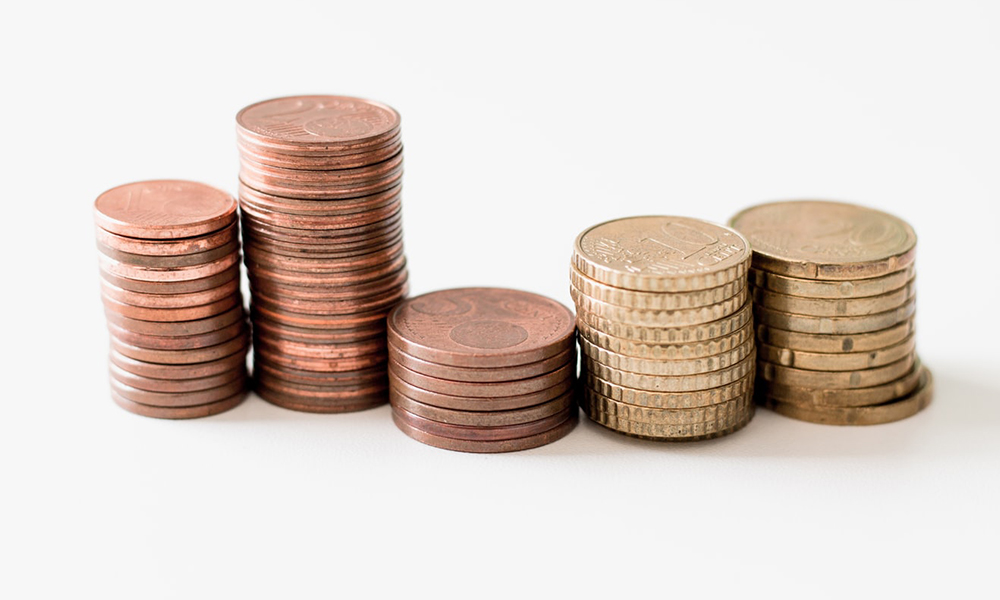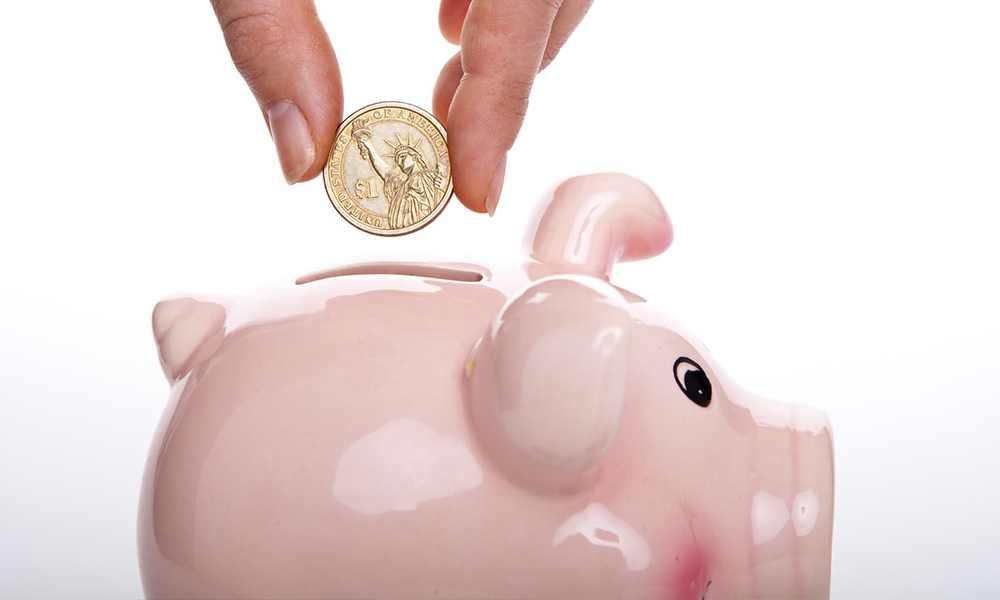How to spend your money and make it last

Tired of ending the month with no money? We’ve all been there, and when you are living off a student budget, making money last seems even trickier.
We’ve got some great advice for you from two money experts! They teach accounting at Algonquin College and they’ve watched very closely how students struggle to figure out how to handle money.
Professor Lee-Ann McDougal says she has noticed the line to get coffee in the morning on Campus has gotten shorter since the beginning of the school year. Her guess? Students start the term buying the expensive drinks, but soon realize that they cannot afford them every morning.
Professor Maria Belanger agrees. “I don’t think most students make the connection between the job they have at 15 dollars one hour and how that essentially just buys you two cups of coffee at Starbucks. It took you one hour to get this.”
So, here are some ways they think students can make better use of their money:
Create a budget
Yes, we know people don’t like restrictions, and professor Belanger says that on top of that many people have this theory of “living in the now”. But she warns: planning is needed!
“When you talk about budgeting it is a lot like other issues, like doing exercise and being careful about what you eat because you want your body to last and to be healthy, so, your finances are very similar.”
Don’t know where to start? There are some great tools online that can help you with budgeting but remember that monitoring your budget closely is what will guarantee your success with money.
And remember: The unforeseen should be included in your budget. Things go wrong and you do not want last-minute surprises. “It could be your computer that breaks, your boots start leaking. You don’t know what it is, you just know something is going to happen,” says Belanger.
Learn where to save
There are different ways you can save some money on your monthly budget. Many grocery stores offer student discounts and some clothing and technology stores also have student deals.
Saving is important, but the cheapest option is not always the best. For professor McDougal, rent is one example. Living far away from your school because it is cheaper can jeopardize your education. “It becomes demotivating to come for one class.”
Looking for roommates to share the rent is a good option and at the same time, you don’t feel lonely.
Avoid using credit cards
If you are good with money, having a credit card helps you build your line of credit, but if you aren’t, stay away from them.
“In terms of what is bad for you, credit cards are at the top of the list because the interest rates,” says Belanger. “The only way you should be touching a credit card is if you can pay it off when it comes in.”
McDougal makes another point: “Do not use it [credit card] as a line of credit, ever.”
You may want to have one credit card for emergencies. But remember to have a clear definition of what an emergency is.
Tap? Maybe not a good idea
Belanger calls tap and pay the “invisible money”. When you are not watching the cash leave your hands you don’t really realize how much you are spending. And if it becomes harder to see the money going with the use of debit cards, the tap function is even worst. In that case, her advice is carrying cash and taking to school only what you need for that day. This is also a way of knowing exactly how much you are paying for what you eat.
Student line of credit
Many of us need to borrow money to afford school. When talking about student line of credits, OSAP is your best choice (especially because you can get a portion of the money in grants). Banks also offer student line of credits, but the offers are different from bank to bank, so shop for the best one.
Save on your data plan
Here is an example of an expense that we can reduce and save. Data plans can be very costly. If you pay attention, you will realize that most coffee shops, restaurants, and malls have free wi-fi. Inside Colleges, students are also connected for free. Why do you need to get a large data plan, then? Choose a small or extra small, only for emergencies.



